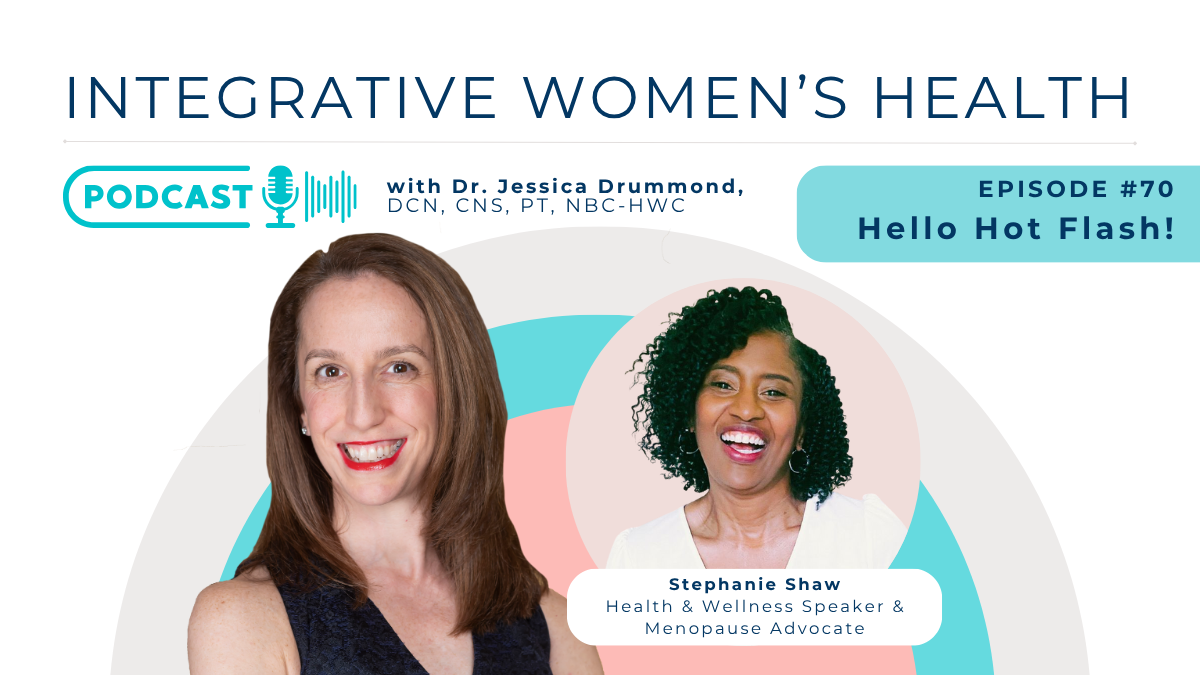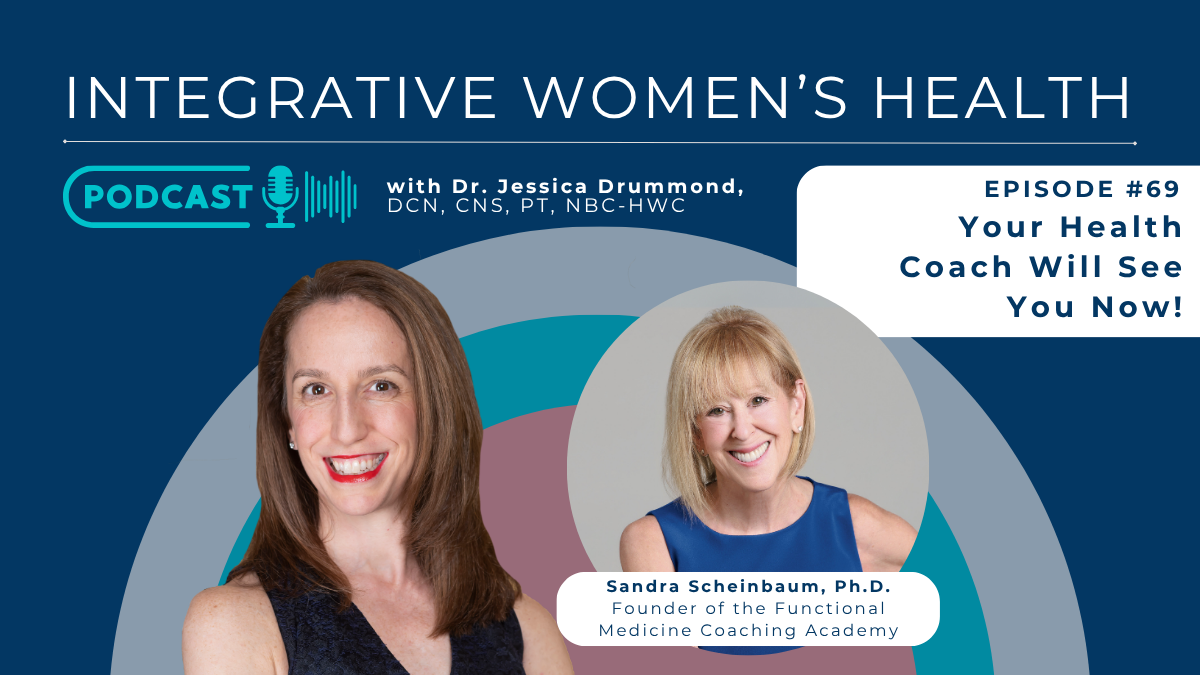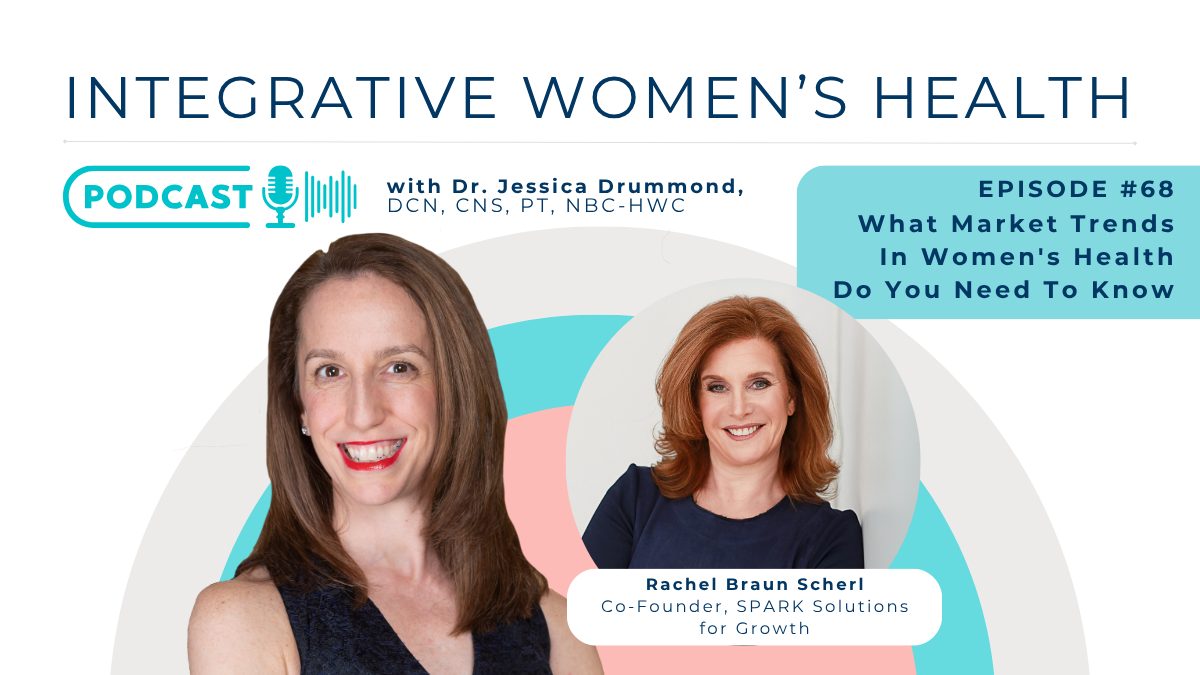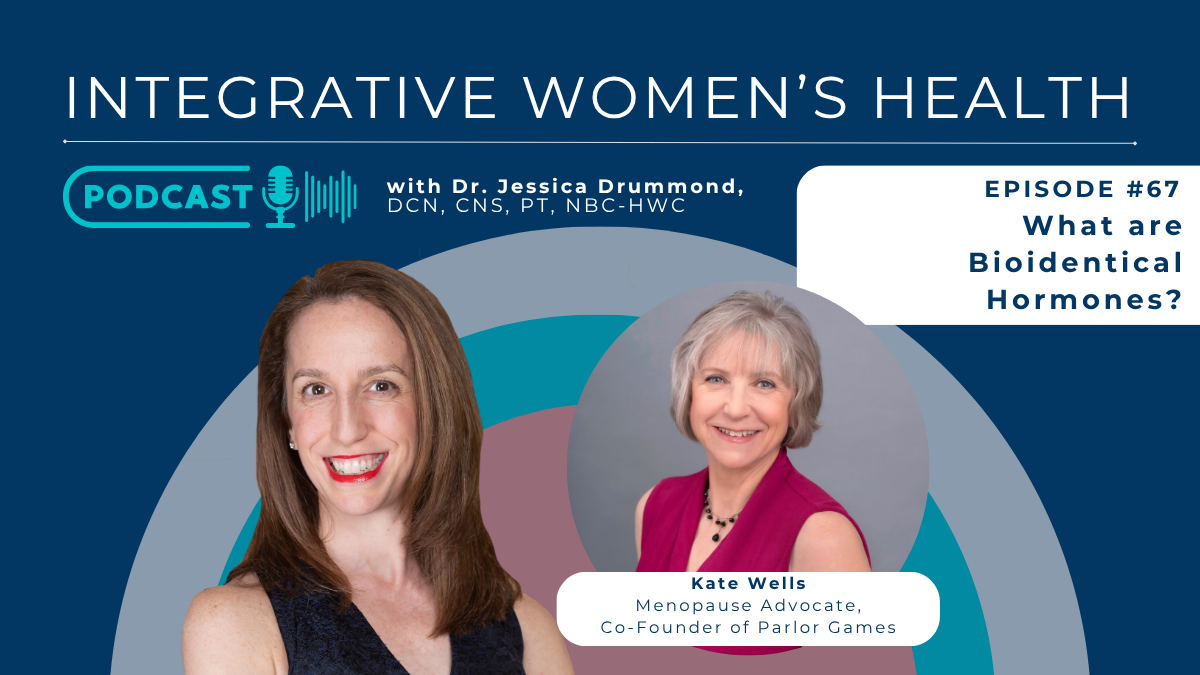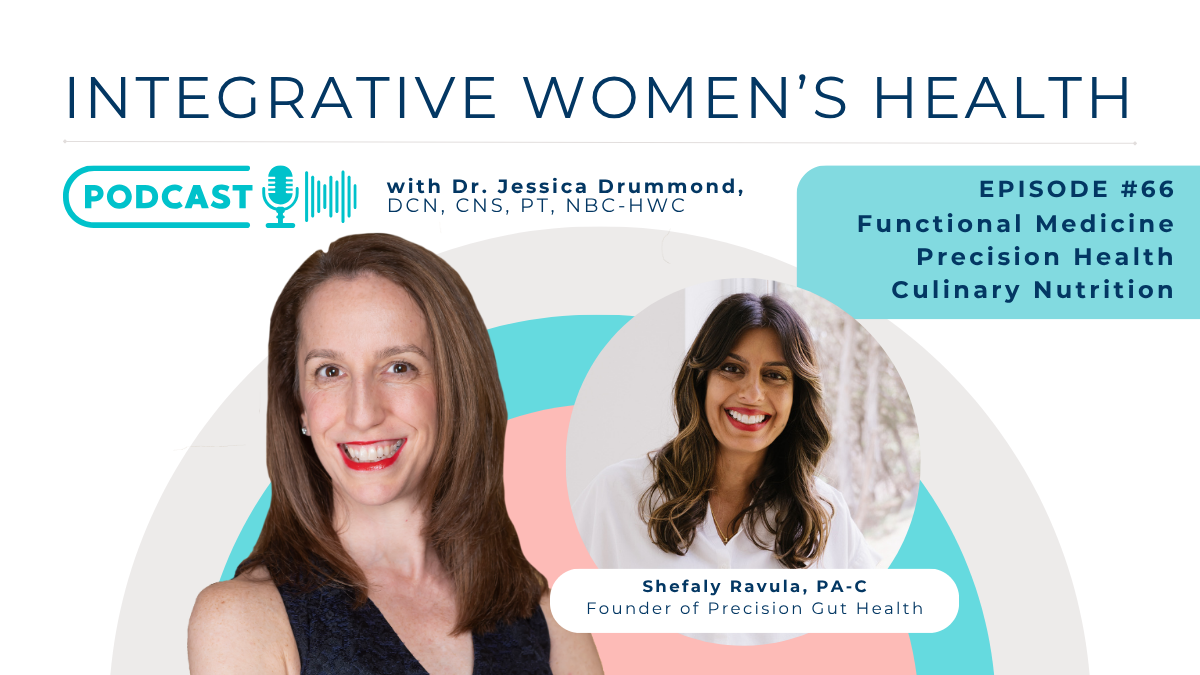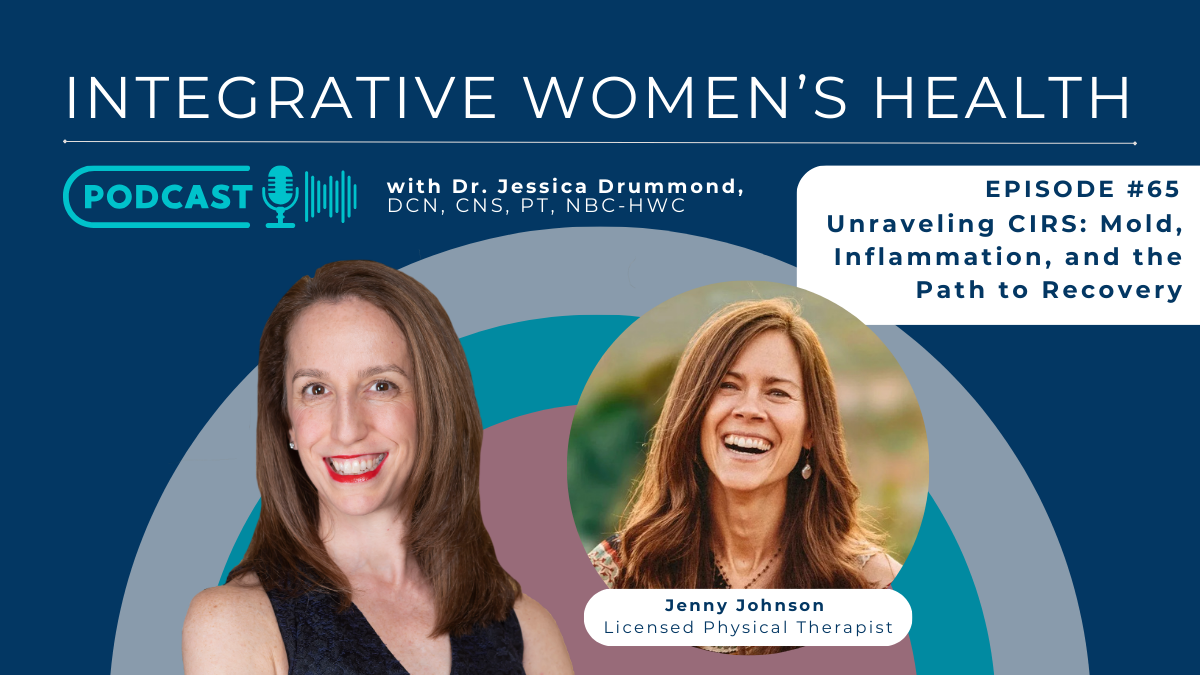 In a recently published study in the American Journal of Epidemiology, reviewing data from the Nurses Health Study II, the authors found that women who consumed more dairy foods – more than three servings per day, were 18% less likely to be diagnosed with endometriosis than those who reported eating less than 2 servings per day1. These results were very surprising to me because clinically I often see that women who remove dairy foods from their diet have much less pelvic pain, and more regular and less heavy periods.
In a recently published study in the American Journal of Epidemiology, reviewing data from the Nurses Health Study II, the authors found that women who consumed more dairy foods – more than three servings per day, were 18% less likely to be diagnosed with endometriosis than those who reported eating less than 2 servings per day1. These results were very surprising to me because clinically I often see that women who remove dairy foods from their diet have much less pelvic pain, and more regular and less heavy periods.
So, what’s the deal?
Interestingly, I heard one of the authors of this study speak a few years ago (Dr. Jorge Chavarro.) At the time, he had recently published a book based on his research on nutrition and fertility. His research found a similar favorable effect on fertility when consuming a moderate amount of full-fat dairy. He explained that because our dairy products in the US tend to have high levels of hormones, the added hormones could be improving the ability of women to get pregnant. While I agree that having healthy hormone levels is essential to fertility, and to lowering the risk for endometriosis, I prefer to achieve healthy hormone levels differently.
Because up to 60% of Americans are lactose intolerant2, and approximately 70% – 75% of all people are dairy intolerant3, many women in my practice experience significant relief of symptoms that are related to hyper-immune responses when they remove dairy products from their diets. Often, dairy intolerances present as painful digestive symptoms, bloating, heartburn, IBS, congestion, and skin inflammation. When it comes to pelvic health, untreated food intolerances often show up as heavy and painful periods, and these symptoms can be misdiagnosed in some cases as endometriosis. Because endometriosis is often fed by estrogen, eating dairy that comes from pregnant cows or those injected with hormones can add to the estrogen burden that can exacerbate endometriosis.
What should I do? Is milk good or bad for my endometriosis?
The bottom line is that if you’re sensitive to dairy, you should leave it out of your diet, and work to heal the sensitive lining of your gut through nutrition, stress relief, and supplementation. If you’re not sensitive to dairy, it may actually be beneficial, both for lowering your endometriosis risk and for optimizing your fertility. To get the best possible benefits from dairy products, choose raw, organic, and cultured dairy (foods like plain, full-fat yogurt or fresh, raw cheese) from trusted local farmers. To find a good source in your area, visit RealMilk.com.
References:

